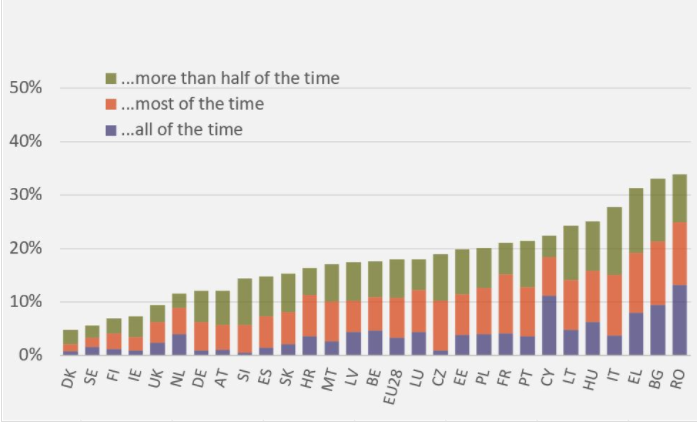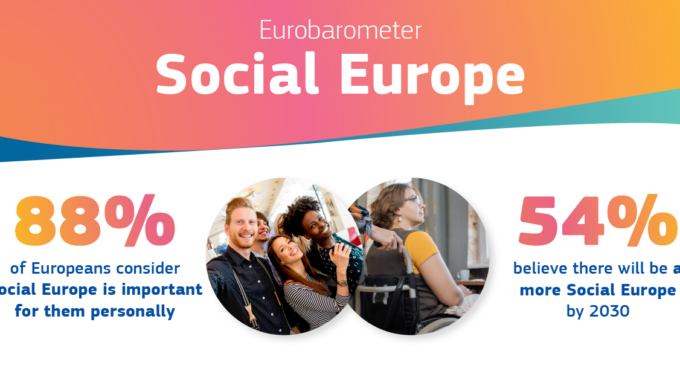
Loneliness and social isolation among older people in Europe
In their recent newsletter, the European Centre for Social Welfare Policy and Research issued an interesting article on loneliness and social isolation among older people in Europe, see below:
Loneliness and social isolation have a negative impact on quality of life and well-being. They also affect older persons much more than other age groups. The COVID-19 pandemic increased public attention to loneliness and social isolation, but more is needed to enhance knowledge about these phenomena and to promote public initiatives in this area. In our Policy Brief, we aim to raise awareness of this important issue. We present empirical evidence on loneliness and social isolation among older European citizens and provide a summary of existing interventions from across Europe.
Based on European comparative surveys, we find significant cross-country variation in the prevalence of loneliness and social isolation. Older persons in Eastern and Southern Europe are more likely to report frequent loneliness and fewer social contacts than in the Northern and Western parts of Europe.
Share of people aged 65 and older reporting feeling lonely (in %, 2016)

Source: Own calculation based on EQLS 2016
The identified measures to tackle loneliness at old age include both top-down and bottom-up strategies, smaller-scale initiatives and complex interventions. Very few countries in Europe have nationwide strategies addressing issues of loneliness, social isolation and ageing in a comprehensive way. Read more about the results & examples here.





